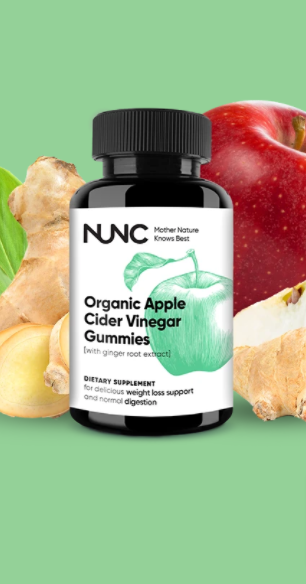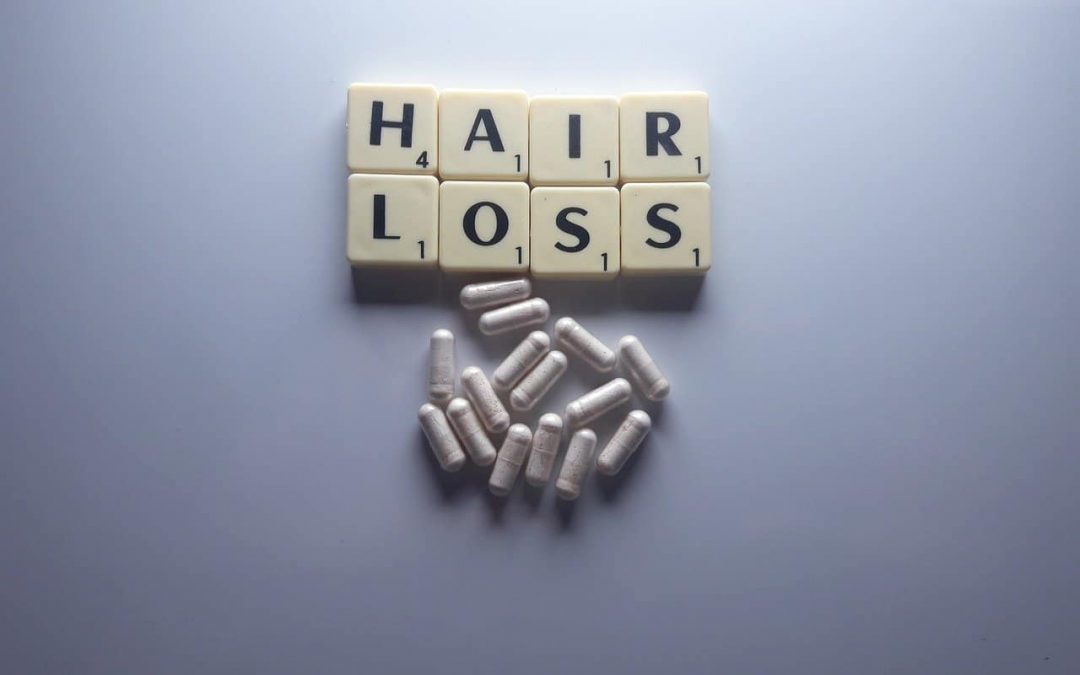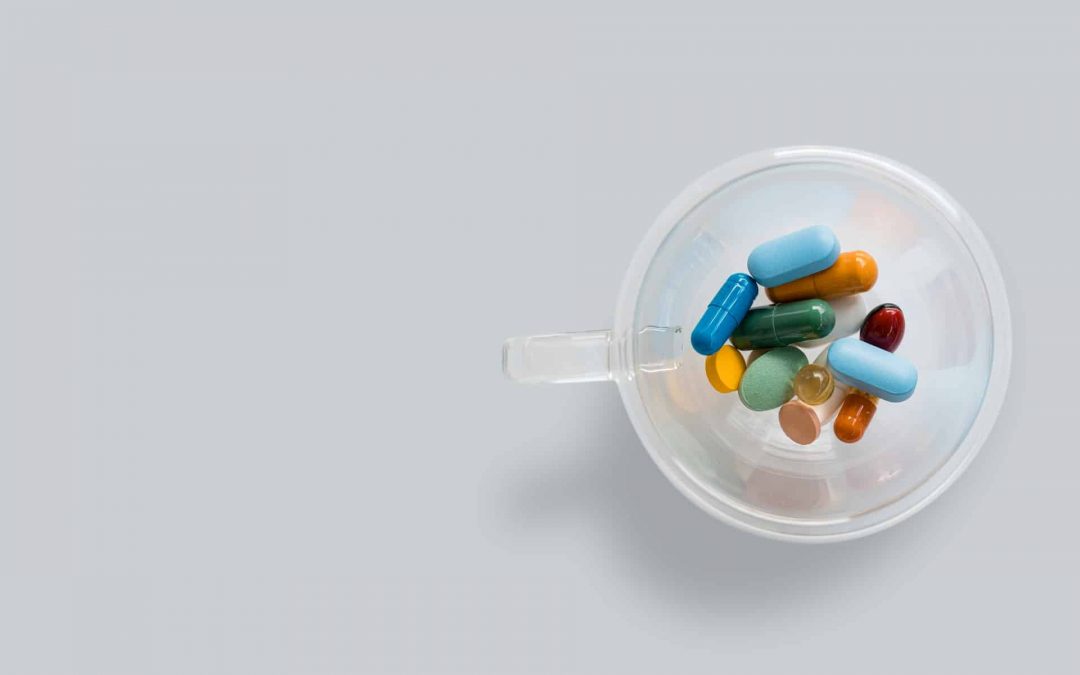There are so many questions to answer when beginning a supplement program. One of the most frequent questions we get is whether or not certain supplement components can be taken together. That all comes down to two more questions We’ll start with if they’re safe and stable to combine, which entails looking for any potential interactions or drawbacks. The second question is whether they work in tandem toward a common health support objective or even synergistically to help each other become more effective and bioavailable?
Let’s take a look at some of the most popular supplement pairings, such as collagen and biotin. So, let’s talk about how they’re made together.
Dietary supplements can frequently assist with health conditions or deficiencies. They can replace the nutrients that your body lacks. They may provide a lot of advantages for your health and wellness, especially if they are well-made and include clean, all-natural compounds.
Collagen is one of the most popular supplements for both beauty and general health. It has a wide range of advantages, but it’s best recognized for its skin-enhancing qualities.
Biotin supplements are another product that people use for their cosmetic problems. It isn’t as powerful as collagen, but it’s still important to understand. Hair loss, breakage, brittle nails, and unhealthy skin are among the most common reasons why people use biotin supplements.
Collagen can be used to treat everything from wrinkles to poor skin health, fraying hair and nails, brittle bones, tendons, and connective tissues.
Contents
- 1 Is It OK To Take Biotin and Collagen Together?
- 2 What Are Biotin and Collagen Good For?
- 3 How Long Does It Take For Biotin and Collagen To Work?
- 4 Do Biotin and Collagen Side Effects Exist?
- 5 What Are Recommended Biotin and Collagen Dosages?
- 6 Biotin vs. Collagen: Which Is Right for You?
- 7 What Are The Benefits of a Collagen Supplement?
- 8 What Are The Benefits of a Biotin Supplement?
- 9 What Can I Expect From Taking a Biotin Supplement?
Is It OK To Take Biotin and Collagen Together?
No one can say definitively whether or not taking biotin and collagen together is the best approach. That said, you should avoid taking these two supplements at the same time to be safe.
Being proactive about your health will help keep you feeling healthy without any unwanted side effects. Some believe that, when taken together, biotin can increase collagen production. However, these claims are not backed by research.
The most widely accepted idea is that taking biotin and collagen supplements improves your body’s uptake of both supplements.
Biotin has the ability to support healthy nails, skin, hair cells, nerves, and more. Collagen helps with the development of new cells.
Both supplements can help your body grow stronger nails and healthier hair. They also stimulate growth in some parts of the body like the skin and bones. This is especially helpful if you are looking to get rid of stretch marks on your skin or stop thinning hair.
Their ability to help the hair and nails is attributed to their vitamin B7 content. Vitamin B7 or biotin stimulates the growth of new cells in the body, which includes the hair and nails.
Collagen can help your skin feel smoother by encouraging improved elasticity. It also helps bones become stronger and healthier.
Taking collagen may even help heal the digestive tract. This is thanks to collagen’s anti-inflammatory nature.
What Are Biotin and Collagen Good For?
Biotin is the vitamin found in living tissue. It maintains healthy skin, nails, and hair. Collagen, on the other hand, is a major fiber that forms part of your bones, cartilage, and joints. Together, they’re important for maintaining muscular function, helping you to comfortably move both large and small muscles.
Collagen is the main component of connective tissue, which forms joints and cartilage. It can’t be synthesized by your body, so you need to get it from food sources or supplements like collagen peptides (found in most protein powders). Some foods that contain collagen include chicken soup, bone broth, beef jerky, and bones.
How Long Does It Take For Biotin and Collagen To Work?
It takes approximately two months for 100% of the biotin to be absorbed by your body.
It generally takes about three months to notice the full effects of the collagen. It is important that people be patient when taking biotin or collagen, as it will take time for them to start work and show noticeable results. With that being said, many people do not see results because they stop taking their supplements too early and before giving them a chance.
The goal should be about three months before you decide if you want to discontinue use. If there are no noticeable benefits after six months, then think twice about continuing usage. Clearly, this determination varies depending on individual circumstances – such as someone’s age or level of physical activity so one should speak with their doctor to see what he or she recommends.
*NOTE: These statements have not been evaluated by the Food and Drug Administration. This product is not intended to diagnose, treat, cure or prevent any disease.
Do Biotin and Collagen Side Effects Exist?
As with other vitamins, people who are deficient in this vitamin may experience some unpleasant symptoms when they take it as a supplement. However, taking too much of these supplements could also cause negative reactions like low energy levels or sleepiness. Always talk to your doctor before you begin taking biotin/collagen supplements so that you’re aware of possible interactions with other drugs you might be taking.
Collagen protein can act as an allergen in some individuals especially if they have a shellfish or seafood allergy.
What Are Recommended Biotin and Collagen Dosages?
Typically, the appropriate dosage of biotin is from 300 mcg to 3 mg a day. On the other hand, for collagen, most experts recommend taking 2-5 grams each day. When starting out with either product, make sure you speak with your doctor about possible side effects.
Now that you know what both supplements can do for your body and how they work, it’s time to find one that works best for you! If you’re hesitant to take them on their own due to a lack of results in the past, this is a great time to try combining them together in your protein shake – they taste delicious! Just remember that if you’re struggling to get them down, consider talking with your doctor about the right dosage for you.
Biotin vs. Collagen: Which Is Right for You?
There’s a significant difference in the benefits of each which you should consider before taking either.
Biotin: What we do know is that this supplement helps with healthy hair growth, maintain normal brittle nails, supports cellular energy production many people use it to fight depression or hormonal issues which can lead to weight gain or for patients with histamine intolerance.
One popular way biotin is used though its improvements for gut health without antibiotics because most have yeasts having difficulty digesting food which causes inflammation leading to issues elsewhere in the body. Though rare few people may have an allergy or sensitivity to it which comes after prolonged use but can happen within hours of ingesting large doses.
Collagen: This supplement is one of the best things to use for skin elasticity, hair, nails, joints, and bones but it’s not solely used for this purpose alone. It can improve sleep quality so you wake up refreshed instead of tired since most people who have issues with their respiratory system do not get good sleep. Those who suffer from allergies will find they can notice improvements within days or weeks of taking collagen supplements regularly along with those with autoimmune conditions such as Rheumatoid Arthritis and Lupus which can help fight disease through supplementation.
Studies show collagen helps immune cells communicate better with each other and makes them more responsive meaning your body isn’t fighting itself and heals faster than before. Collagen is safe and non-toxic even in high doses so you don’t have to worry about overdosing when taking supplements.
Do Not Take Them Together!
While both supplements are great for your health, the problem with combining the two is when they meet in the bloodstream when taken together they can form a molecular bond preventing either one from having an effect on your body at all.
What You Can Do:
Do not take both supplements within 24 hours of each other. If you’re in a bind and have no choice but to do so, separate them by six to eight hours. This should give your body enough time to rid itself of the collagen before introducing biotin into the system again.
What Are The Benefits of a Collagen Supplement?
Collagen is a kind of protein that helps with healing but many people can oftentimes struggle with putting on enough weight and also building muscle. A collagen supplement aids in the process of repairing and rebuilding damaged tissue and may help you heal more quickly from injuries or wounds.
Collagen molecules are shaped like strings and they attach to each other to form lengths, making long chains called collagen fibers. There are three main kinds: type I, II, III. Type III collagen forms strong unbroken sheets around muscles (type I), nerves (type II), and bones (both types). Collagen breaks down into amino acids which can then be used by cells for growth processes such as tissue repair. The evidence suggests that the breakdown of type III collagen involves lysine which is an amino acid and Biotin acts as a helper hormone in breaking down proteins. Collagen supplementation may be able to help with the following:
- Fighting wrinkles and fine lines
- Promoting healthy skin tissue
- Supporting bone density and dental health
- Improving muscle function and mobility
- Reducing cellulite and stretchmarks
- Increasing hair strength and growth
The most common sources of collagen are from animal products such as, chicken feet, rabbit fur, pigs’ ears, and many other parts that typically aren’t eaten. Luckily for vegetarians or vegans, there are collagen supplements that can be taken orally or topically. Collagen supplements are available in many forms such as
- Powders
- Tablets
- Liquids
Collagen supplementation is also helpful for treating osteoporosis, arthritis and aging skin because of its ability to support the structural qualities of tendons, bones, cartilage, skin, and blood vessels.
Collagen helps to promote overall health by regulating the body’s response to chronic inflammation, strengthening immunity, promoting cardiovascular health, supporting healthy hormone levels, and improving digestive function.
The benefits of collagen are vast however it is necessary to consider all other factors in regards to your overall wellness. It is important that you discuss with your physician any concerns related to a collagen supplement. There are many individually formulated products that take various forms and have various benefits.
What Are The Benefits of a Biotin Supplement?
Biotin supplement plays a key role in energy metabolism, cartilage and bone formation, nerve function, and healthy skin. The lack of biotin can show itself in the form of hair loss, brittle fingernails that split easily plus dermatitis or eczema.
To obtain biotin naturally, you would need to consume whole foods which are high in protein such as meats, fish, eggs, etc… Biotin is found in much lower concentrations than when it is taken as an oral supplement so taking brazil nuts to get an overdose on brazil nuts isn’t recommended! This is the reason why biotin supplements are recommended to some people who don’t consume enough foods that contain biotin. Biotin is one of the B vitamins, which are water-soluble nutrients that need to be replenished daily.
What Can I Expect From Taking a Biotin Supplement?
Taking a healthy diet, exercising regularly, and drinking enough water will help you fill your biotin levels naturally. However, if you are still experiencing hair loss or other signs of deficiency, taking a daily biotin supplement can help you obtain those results faster.
Biotin supplements are known to be safe however it is recommended that pregnant women consult their doctor before taking dietary supplements since there have been no reports of ill effects on unborn babies when taken by pregnant women.
Read More About:
Is High-Dose Of Biotin Good For You?
Why You Should Use Collagen To Treat IBS?











0 Comments